How Materials Shape Our Lives
ETH Zurich rethinks design in Davos during the World Economic Forum’s Annual Meeting. Exhibiting cutting-edge materials and technologies, researchers show how innovative design can shape industries, economies, and ultimately the future.

New materials and ground-breaking technology inspire ETH Zurich’s Rethinking Design exhibition in Davos next week during the World Economic Forum’s Annual Meeting. Imagine stepping into a new dimension where design becomes an essential element in the scientific process and materials transform entire industries. Aligned with the Forum’s global narratives and transformative theme, the exhibition takes a glimpse into the future. The interactive exhibition offers visitors not only robots that swim, ice skate, and imitate lifelike characteristics, but also novel materials such as multiferroic crystals that reveal our past and aerogels that inform our future.
Designing a new age
Materials have been shaping humanity throughout the ages. The Stone Age brought flint tools that forever changed how humans spent their time; the Bronze Age enabled written communication and advanced social, economic, and civil structures; and the Iron Age brought weaponry and invaders that spread knowledge. “We are only as smart as our material,” says Simone Bucher, who curated the exhibition, “today’s materials awaken a new age, prompting designs that transform entire industries.”
Transforming industrial processes
By 2050, the rapid depletion of raw materials will leave the world without enough sand and steel to build in concrete. In the exhibition, ETH Zurich’s Block Research Group, Architecture and Building Systems, and Digital Building Technologies unveil a design for a functionally integrated floor system with heating and cooling elements. When compared to conventional concrete floors slabs, which are currently the most wasteful structural element in multi-story buildings, the integrated floor system can save the construction industry up to 70% of its raw materials. Likewise, ETH start-up FenX proposes a non-toxic and non-flammable building material made from fly ash – a common industrial waste product. Spectroplast, also a spinoff of ETH research presents a zero waste, silicon additive 3D print manufacturing process inviting the world to “dream it and print it.”
Everyday robotics
Additive manufacturing has also influenced scientists in ETH Zurich’s Computational Robotics Lab, who work at the nexus of visual computing, robotics, and computational fabrication. They demonstrate how robots will become a ubiquitous feature of our everyday lives. 3D printing and new, advanced manufacturing techniques enable the customisation and assembly of a new generation of robots – like the ice skating robots that will glide across the ice in Davos. Meanwhile, the Engineering Design and Computing Lab takes 3D printed polymers to the next step creating 4D Designs. They launch swimming robots made from materials that exploit temperature to self-propel without a traditional engine or power supply prompting researchers to “rethink” locomotion.
Fueling the future
Polymers are not the only material that can play an essential role in everyday life. Inspired by nature, scientists in the Multifunctional Materials Lab have developed, “The Modern Tree” – an aerogel material that performs photosynthesis in the lab. Like an artificial tree, these materials enable the chemical reaction of CO2 with water into solar fuels with the aid of sunlight.
ETH Zurich President, Joël Mesot welcomes visitors to the ETH Zurich Pavilion and Rethinking Design Exhibition and invites them to contemplate how new materials and technologies inspire innovative designs. “The World Economic Forum remains an important date in the agenda of an ETH Zurich president. We look forward to welcoming people from Switzerland and from around the globe. Our exhibition demonstrates the essential role that science and technology play in today’s economy and society.” says Mesot.
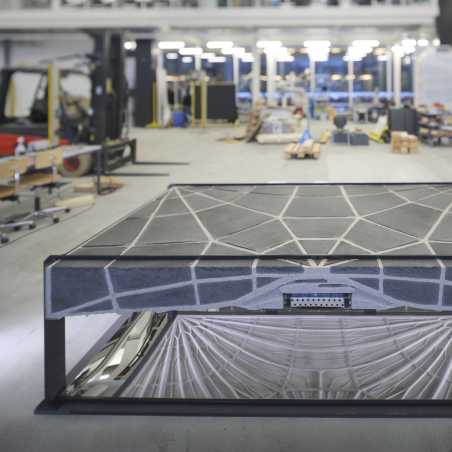
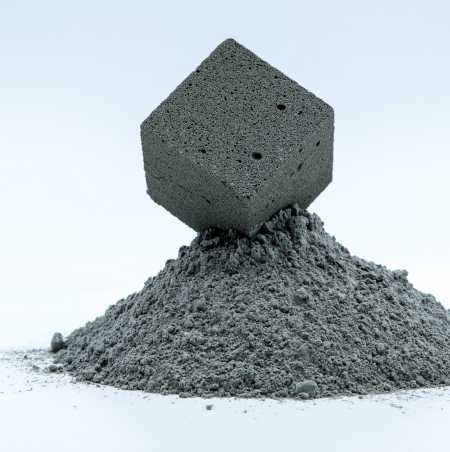
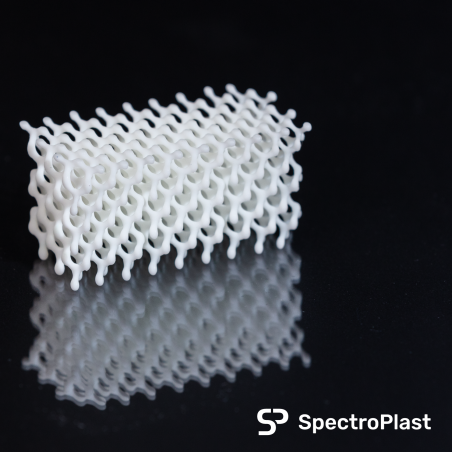
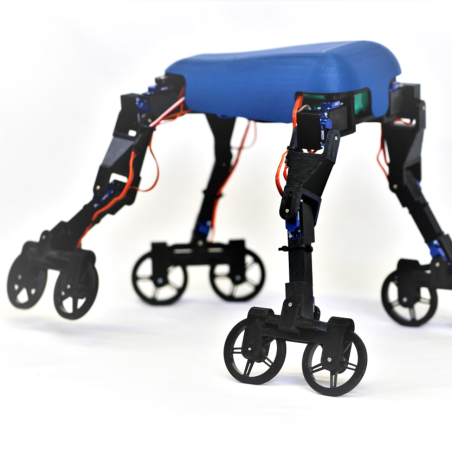
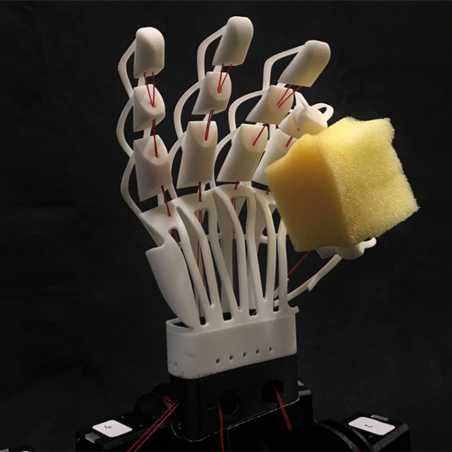
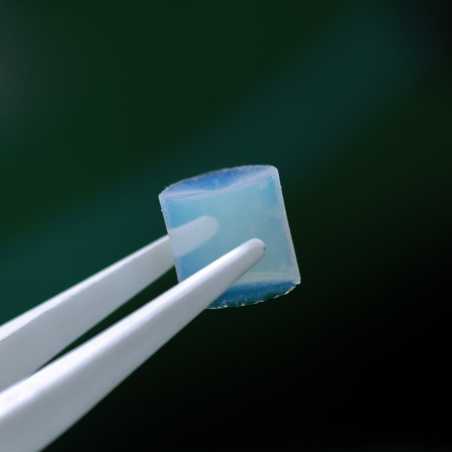
ETH Zurich at the World Economic Forum
In Davos during the World Economic Forum Annual Meeting in 2019? We invite you to visit the ETH Zurich Pavilion, experience the Rethinking Design Exhibition, and take a break at the Tastelab restaurant. The exhibition is free and open to the public from 22 – 25 January 2019. Find the opening hours and detailed information under the following links:
Comments
No comments yet